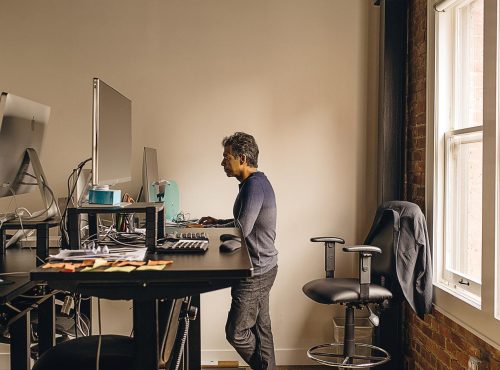
Kaizen in Everything. But Why?
“The only true test of intelligence is if you get what you want out of life.” – Naval Ravikant
In coaching, it can be incredibly hard to take a step back and let your athletes lead. The very nature of the job means that you are constantly looking to provide valuable feedback to your players. The individuals that are drawn to this profession are typically those that embody the Japanese principle of “kaizen” a.k.a continuous improvement.
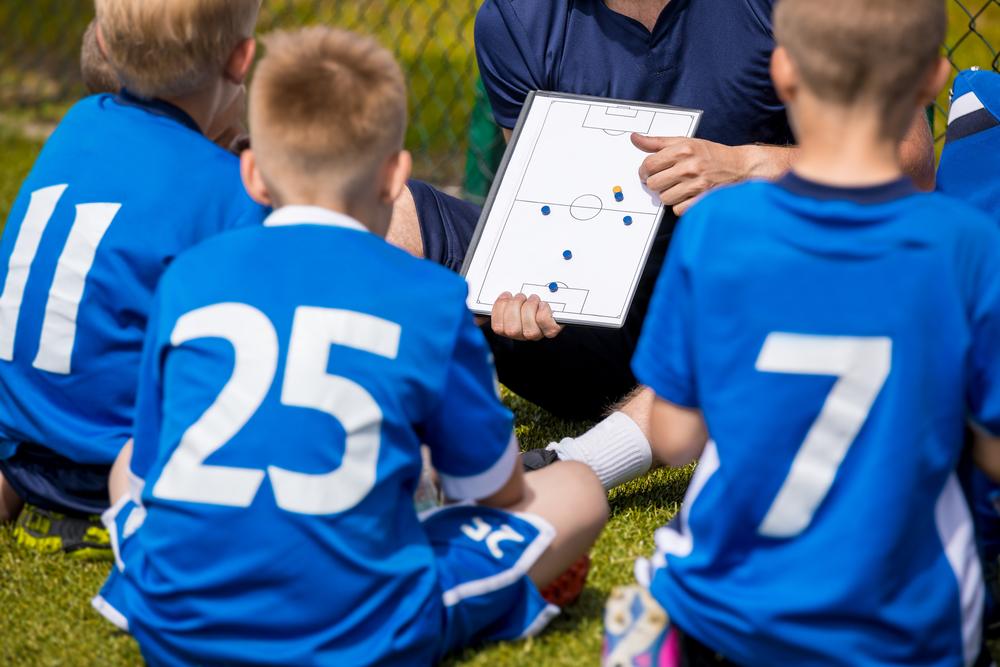
This principle takes into account the fact that there is always something that can be improved upon. If we focus on improving one area, we leave another area behind. In that way, progression and improvement never stops. We need to be constantly assessing our process, where our athletes are at and what areas are most pivotal for their development at this time.
This is what good coaches do. But what great coaches do is they empower their players. They allow their players to make mistakes and learn from them themselves. They relinquish their power and authority and trust that their athletes will make the right decision more often than not. In this way, it is not the feedback that provides the opportunity for learning to occur but the silence. Sometimes we need to take a step back and be comfortable knowing that it will likely get worse before it gets better.
Evidently, due to the psychology of coaching, the hardest thing to do is knowing and understanding that you’ve done enough.
You need to be able to register when additional information will just become white noise. You need to understand how much information your players can digest and retain. You need to understand how much information your players need, not how much information they desire.
Typically, we overshoot in our assessment of how much needs to be said and delivered. There is most certainly a point at which continual efforts to “coach” will go past the point of diminishing returns. It is likely that you’ll do more harm than good with your overzealous efforts.
You see, an athlete’s tolerance for coaching is highly individual. Some will require more guidance than others. Some just want to know the basics. Some want to know exactly where they should be at any given time on the field. And some want to have the freedom to make their own decisions. Coaching a team is about balancing all of these requirements and delivering the necessary individual dosage for each player.
Now it’s highly unlikely that you’ll get that dosage perfect all of the time. But the goal of coaching is to get it as close to perfect as possible. And from my experience, it is better to provide clear and concise instructions in the early phases of training, before stepping back and letting the athletes figure it out for themselves. This is how they learn to overcome adversity, react in the moment and become more confident in their own abilities.
Unfortunately, we’re not playing Playstation. We cannot control our athletes’ decisions in the moment, but maybe that’s a good thing. That’s why when it does come together and the athletes achieve success, it’s a much more powerful feeling of accomplishment than taking Accrington Stanley to the Champions League final on FIFA 22. We’ve achieved long lasting and significant change. We’ve helped our athletes to realise their potential. And we’ve played a significant role in some important life events for real people. That’s why we coach in the first place.
The mentality of wanting to continually be heard and help our athletes to make decisions always comes from a good place. Coaches only do so because they care so much about the outcome. However, it also comes from a lack of trust in the players to make the right decision, which may lead to a lack of autonomy in the players and a reluctance to take ownership of their own performance. This will lead to less ability to react and make the right decisions on the field of play, as they continually look to the sideline for direction. Unfortunately, to tell the truth, it needs to get worse before it gets better.
As we enter the Championship season of the GAA, it is completely normal for athletes, coaches and teams to experience a little psychological stress. We will often ask ourselves if we’ve done enough so far to realise our potential come match-day. We will have so many things that we want to work on that we may end up not giving any of them the necessary attention to actually adapt.
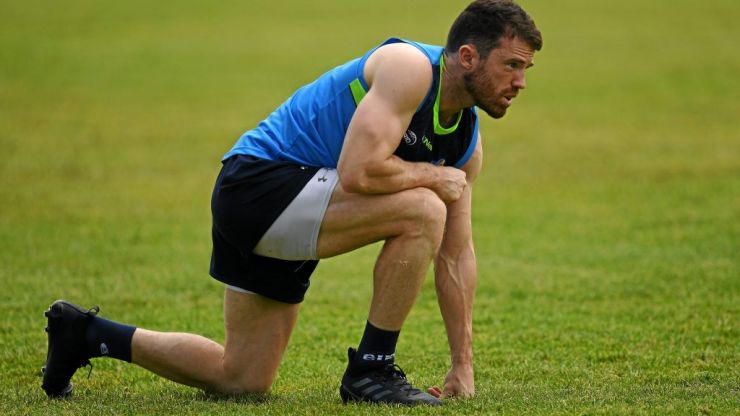
Training sessions may become longer as a result of us wanting to fit in conditioning, speed, technical and tactical training into each session. But what this comes from is a mindset of scarcity, rather than abundance. We will be looking at the calendar and thinking “There’s not enough time” and “I need to do more”. I’m here to tell you that this attitude is flawed and will likely do more harm than good coming into competitive fixtures.
Not only will it lead to more psychological stress come matchday, which may affect performance, but it may also lead to longer and less effective training sessions, as well as a higher training volume and frequency. This comes at the time when we should be actually reducing both of these metrics, in order to have us in a “fresh” state come throw-in.
If we do the opposite then we may inadvertently cause residual fatigue to set-in, which will prevent us from using all of the qualities we’ve worked so hard to develop over the season, come round 1. This fatigue works in contrast to freshness and at this stage of the season, it’s quite obvious which we should be optimising to win on the day.
The conundrum here is that coaches and players up and down the country will be questioning their own “fitness” to play Championship-level GAA in the coming fortnight. However, at any given level, it is often not a team’s fitness that ultimately loses them the game, but their ability to execute tactical and technical skills on the field of battle.
There is very little in the difference in terms of physical characteristics between teams of a similar division. It is not their physical conditioning that ultimately is the difference, but their conditioning to execute their own gameplan. I’ll leave you to make your own mind up as to whether that comes down to physical or mental preparation.
So my advice to coaches and athletes as round 1 approaches? Forgo the extra physical conditioning, prioritise what needs to be worked on and be confident in yourselves and the work that you’ve done so far.
Remember, it is often not a lack of fitness that affects teams at this stage of the season, but a lack of freshness. Do what is necessary to be fresh come that first whistle.

“The only true test of intelligence is if you get what you want out of life.” – Naval Ravikant
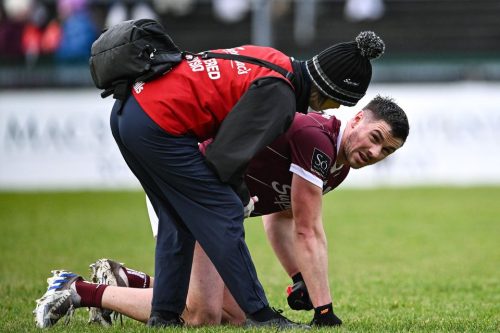
So, we can see that when it comes to our training, a certain volume of work when paired with adequate recovery is positive for our development, but if that same intensity of work is mismanaged and spiked, then the same exercise intensity can be toxic to the athlete.
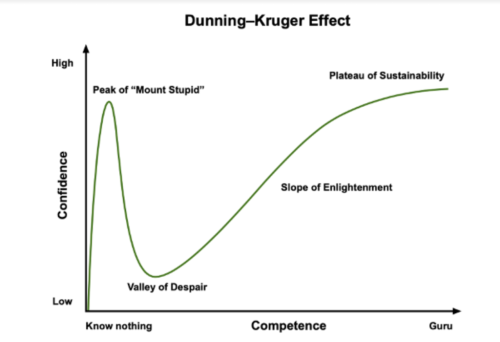
Unfortunately, it takes a fall from the peak of mount stupid, on top of the Dunning-Kruger curve, for many of these lessons to land home.
Here to help you achieve your health and performance goals.
At Petey Performance, I’ll assist you every step of the way. What’s stopping you?
Take ownership today.
© 2021 All Rights Reserved
Subscribe to Petey Performance and get updates on new posts plus more exlusive content.